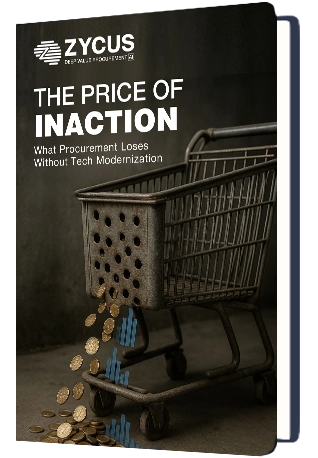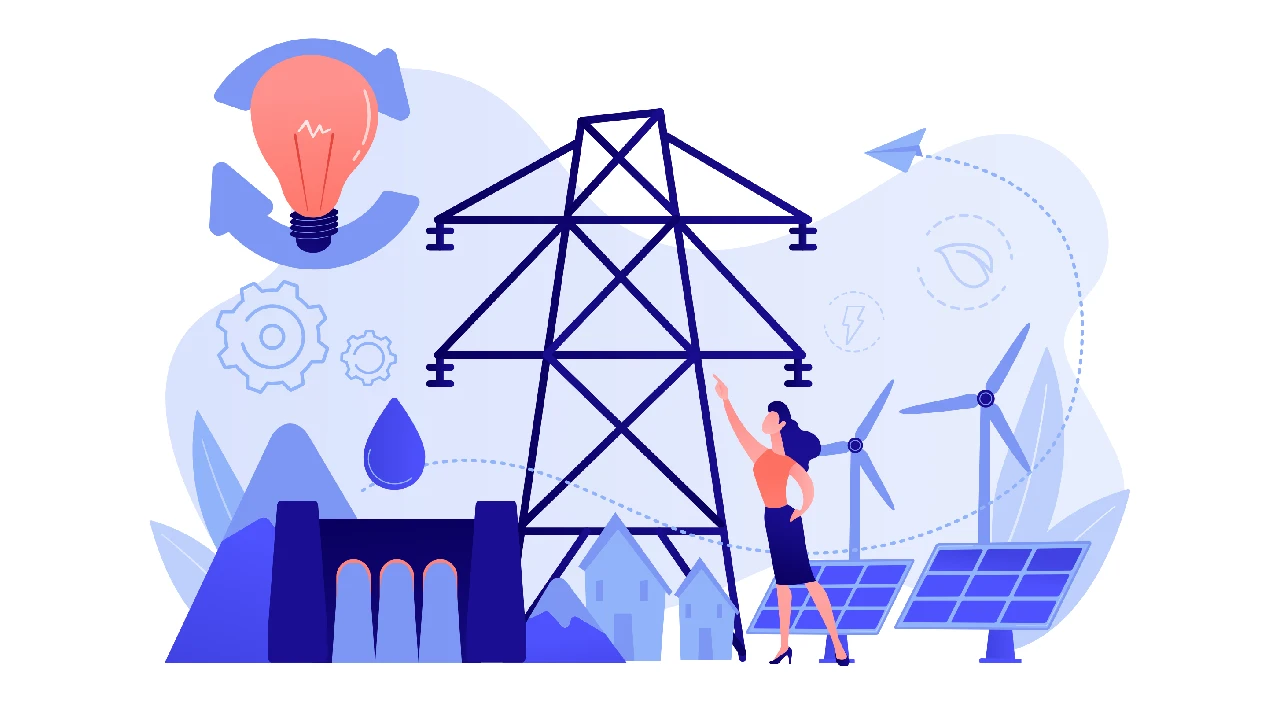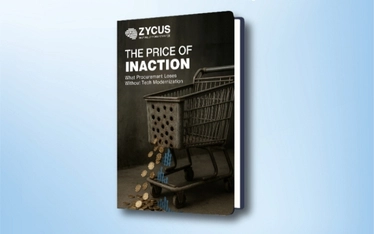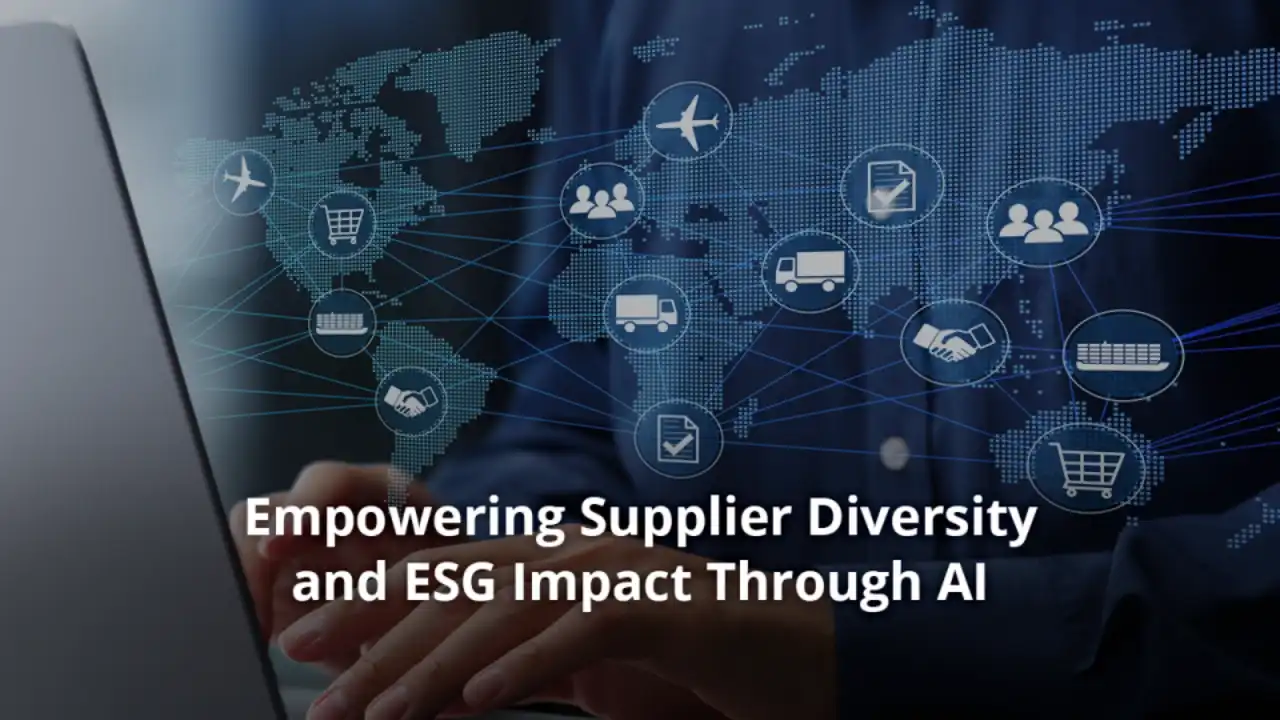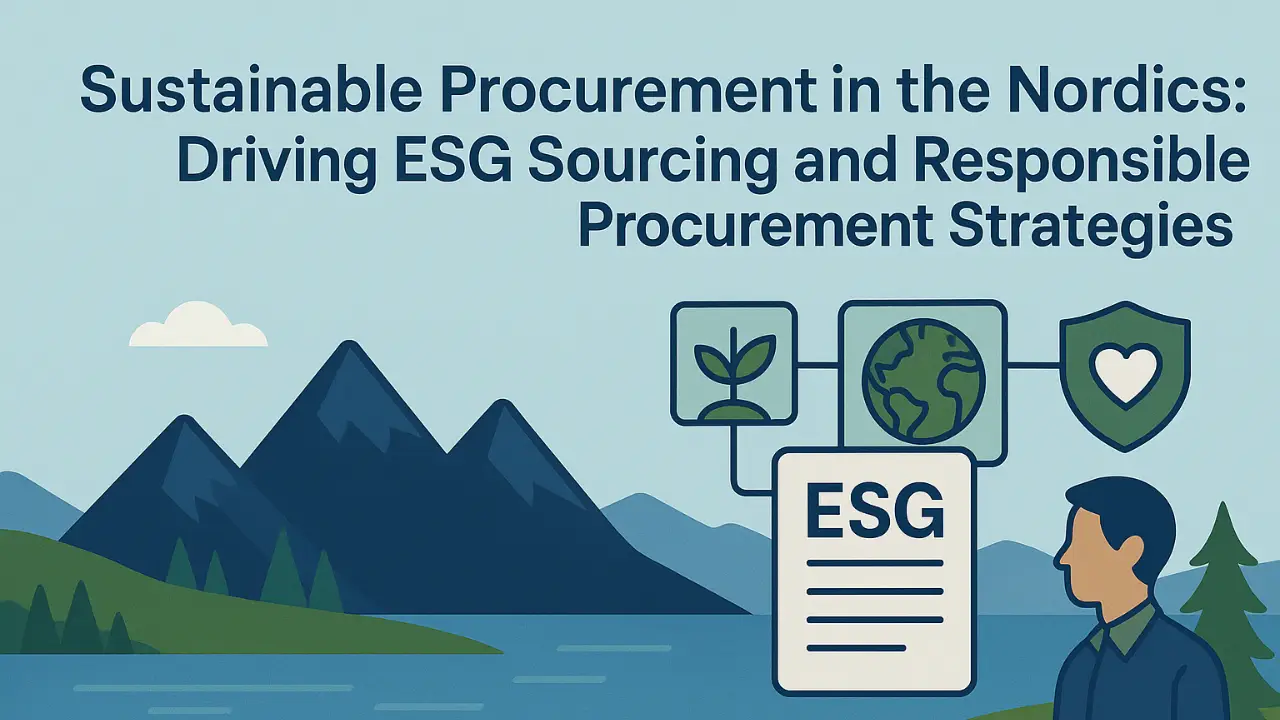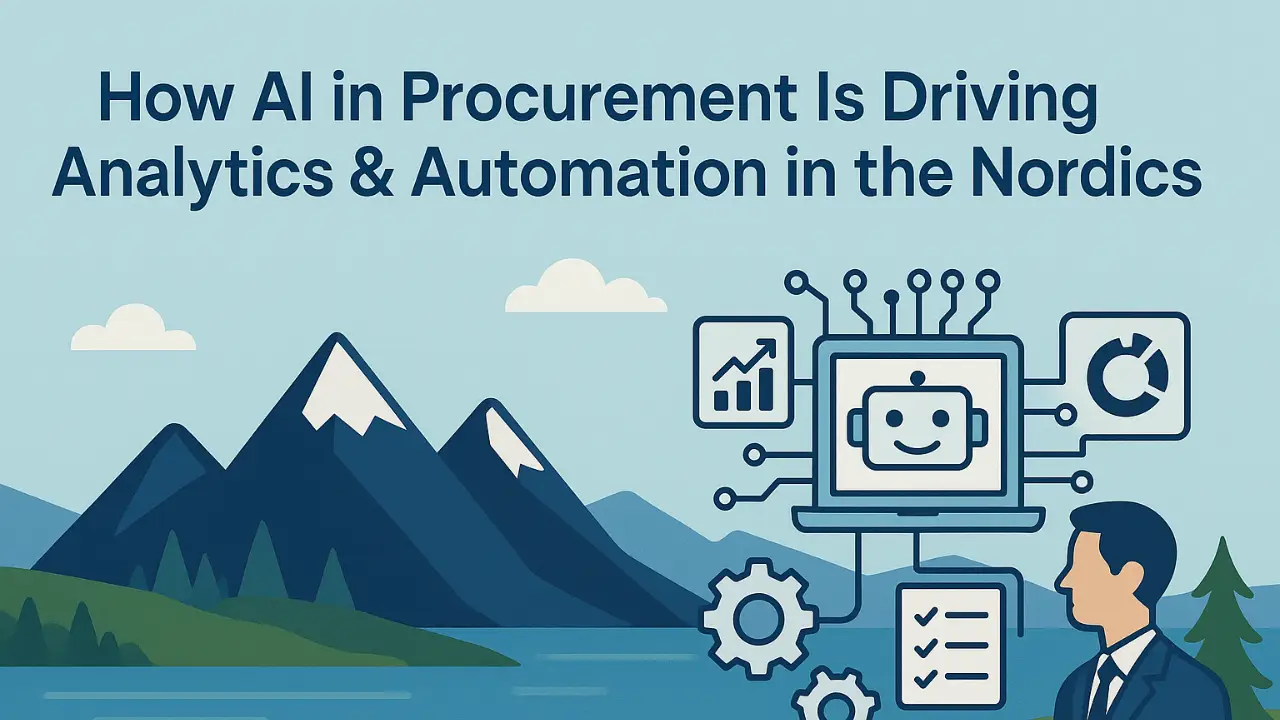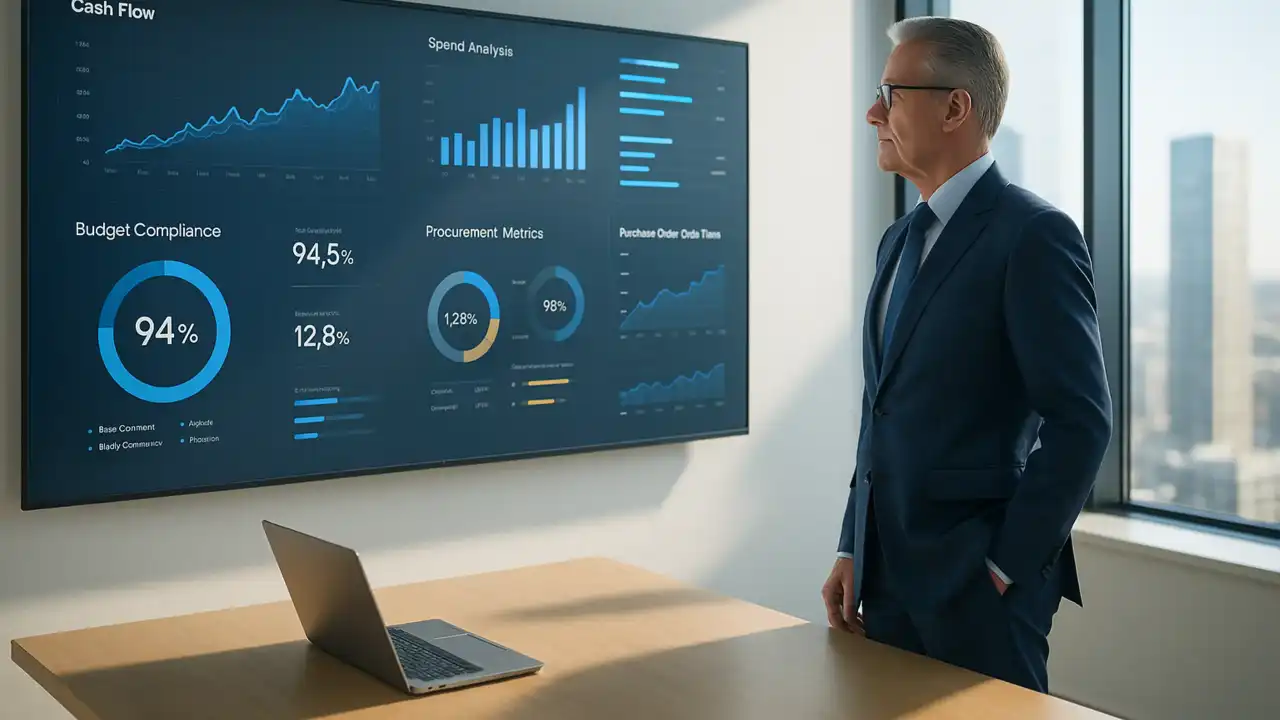As energy markets evolve and sustainability becomes a strategic imperative, businesses are rethinking how they source and manage their energy needs. Energy procurement is no longer just about cost—it’s about control, transparency, and long-term resilience. In this blog, we break down the essentials of energy procurement, explore its benefits, and guide you through building a strategy that aligns with your operational and environmental goals.
TL;DR
- Energy procurement is the process of sourcing energy from third-party suppliers, enabling businesses to control costs, risks, and sustainability.
- Various models—fixed, indexed, and block & index—help businesses manage price volatility and usage complexity.
- Effective strategic energy procurement minimizes risk, improves forecast accuracy, and supports green and renewable initiatives.
- With energy procurement services, companies can navigate deregulated markets, evaluate suppliers, and negotiate contracts tailored to their operational needs.
- Tools like Zycus’ Source-to-Pay suite streamline procurement, contract management, and supplier performance in energy categories.
What is Energy Procurement?
Energy procurement is a structured, strategic process through which companies source electricity or natural gas from either third-party energy suppliers or local utility providers. In deregulated energy markets, businesses have the option to choose suppliers that offer tailored solutions based on pricing models, consumption patterns, and renewable goals.
In other words, business energy procurement is no longer just about “keeping the lights on”—it’s about maximizing operational efficiency, controlling energy expenses, and aligning with corporate sustainability objectives.
Why Energy Procurement Matters
1. Budget Control
With energy prices fluctuating due to geopolitical shifts, fuel availability, and weather-related events, locking in a stable and strategic procurement plan reduces unpredictable cost spikes.
2. Risk Mitigation
Strategic energy procurement ensures that businesses are protected against price surges, regulatory changes, and demand variability.
3. Green Energy Goals
A growing number of companies are pivoting to green energy procurement, aiming to source electricity from solar, wind, or bio-based solutions to reduce their carbon footprint.
4. Supply Chain Resilience
Ensuring a continuous, reliable energy supply is critical for sectors like manufacturing, logistics, and healthcare, where downtime can cause significant losses.
Download Whitepaper: Redefining Oil and Gas Procurement Using AI (Artificial Intelligence)
Types of Energy Procurement Contracts
Understanding different contract models is vital for aligning procurement decisions with company goals.
Fixed-Rate Contracts
Ideal for businesses seeking price certainty, fixed contracts lock in a rate per kWh or MMBtu over a defined term (typically 1–3 years). These work well in volatile markets but may not allow businesses to benefit from declining rates.
Indexed Pricing
Indexed contracts are tied to the real-time market. While they offer flexibility and potential cost savings, they also expose companies to significant price swings.
Block and Index (Blended)
A popular model in energy procurement services, this approach hedges part of your load with fixed pricing while leaving the rest indexed. It’s ideal for companies with varied consumption patterns across peak and off-peak hours.
How Energy Procurement Works for Businesses
Step 1: Energy Load Assessment
Determine historical and projected energy usage across facilities. This helps define the right contract type and vendor criteria.
Step 2: Market Analysis
Monitor trends in global energy prices, regional supply conditions, and regulatory developments (e.g., carbon tax, green mandates).
Step 3: Supplier Evaluation
In business energy procurement, it’s essential to evaluate suppliers on cost competitiveness, contract flexibility, and renewable sourcing capabilities.
Step 4: Contract Structuring
Using insights from brokers or consultants—or directly from suppliers—procurement teams finalize contracts that balance cost, risk, and ESG compliance.
Tip: Look for suppliers offering consolidated billing, customized hedging, and load forecasting reports.
Role of Renewable Energy in Procurement Strategy
Renewable energy procurement is gaining momentum as businesses aim to meet net-zero goals. Many suppliers now offer Renewable Energy Certificates (RECs), Power Purchase Agreements (PPAs), or direct access to solar and wind farms.
Benefits include:
- Lower long-term energy costs
- Brand enhancement through sustainability
- Regulatory compliance with emission mandates
Zycus’ eProcurement platform supports sustainable sourcing initiatives by enabling supplier scorecarding based on ESG criteria.
How Zycus Supports Energy Procurement
Zycus offers a powerful suite of solutions purpose-built to support energy procurement services for complex enterprises:
1. Smart Sourcing
- Conduct RFIs/RFPs with energy suppliers across regions.
- Run reverse auctions to secure the best rates and contract terms.
2. Contract Lifecycle Management
- Track and manage energy contracts with alerts on renewal windows.
- Ensure regulatory clauses and sustainability commitments are enforced.
3. Supplier Management
- Onboard and evaluate energy vendors with robust compliance and performance metrics.
4. Spend Analytics
- Analyze historical energy spend trends and predict future costs using AI-powered dashboards.
5. Policy & Workflow Automation
- Define approval flows for energy contracts across finance, procurement, and legal teams.
Read Success Story: Global Energy Storage Solutions Company Adopts Modern Procurement Practices Using Zycus’ Source-to-Contract Suite
Watch how Zycus transforms Source-to-Pay for energy and utilities
Future of Strategic Energy Procurement
The landscape of strategic energy procurement is changing fast. Here’s what’s ahead:
- AI-driven energy forecasting: Using machine learning models to predict usage patterns and market rates.
- Integrated ESG reporting: Automatically tying procurement to sustainability disclosures.
- Blockchain in energy sourcing: Enhancing traceability and transparency in green energy procurement.
- Decentralized energy sourcing: Using on-site renewable generation (solar panels, wind turbines) to reduce reliance on traditional grids.
Conclusion: Elevate Your Energy Procurement Strategy
Energy procurement is more than a utility function—it’s a powerful lever for cost control, risk management, and sustainability. With rising energy costs and increasing ESG scrutiny, companies need smarter tools and sharper strategies to navigate the evolving landscape.
Zycus helps procurement teams turn complexity into clarity. From sourcing to supplier management to compliance, Zycus’ AI-powered platform ensures that your energy procurement services are optimized for performance, sustainability, and resilience.
Start building a future-ready energy procurement strategy with Zycus’ Source-to-Pay Suite. Book a demo today!
FAQs
Q1. What is energy procurement in simple terms?
It’s the process of sourcing electricity or gas from third-party suppliers instead of relying solely on local utilities, often through competitive contracts.
Q2. What’s the difference between fixed and indexed energy contracts?
Fixed contracts offer price stability, while indexed contracts are tied to the market and fluctuate monthly.
Q3. Why is green energy procurement important?
It supports sustainability goals, reduces carbon emissions, and often qualifies businesses for ESG or tax incentives.
Q4. Can small businesses benefit from energy procurement services?
Yes. Businesses of all sizes can use consultants or Zycus platforms to secure better energy rates and manage usage effectively.
Q5. What industries benefit most from business energy procurement?
Manufacturing, healthcare, transportation, logistics, education, and government sectors—anywhere energy reliability and cost control are critical.
Related Reads:
- 8 Unique Phases of Supplier Lifecycle Management
- Catalyzing Success with Supplier Management Strategies in 2024
- Press-release – Zycus recognized as a Leader for the 3rd time in a row in the Gartner’s MQ for Strategic Sourcing Application Suites
- A Roadmap to Conquering Source-to-Pay Optimization Challenges in APAC
- The eSourcing User Experience: Why User-Friendly eSourcing Solutions Matter for Adoption
- Why Procurement must take the lead in Accelerating ESG Adoption in 2023
- Check out our – Strategic Sourcing Software
- eBook – 12 Steps to Strategic Sourcing


















































